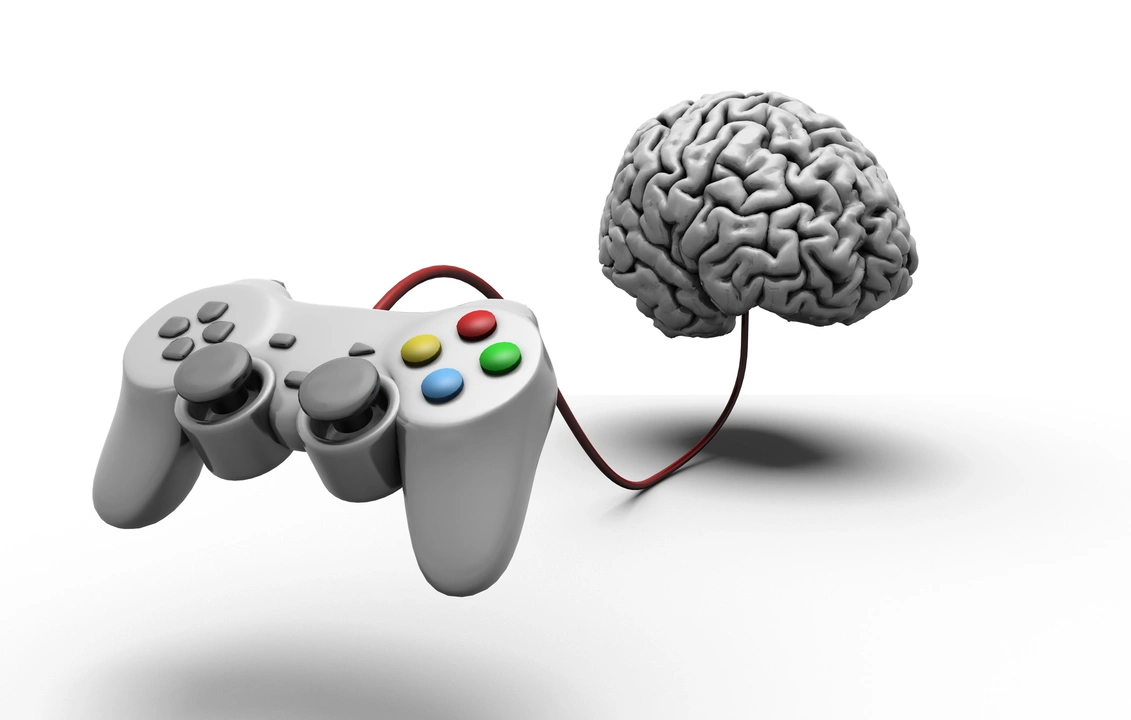Benefits of Gaming and Sports: Why Play Matters
Whether you’re crushing a level on your phone or shooting hoops with friends, playing has real perks. It isn’t just about fun; it’s about sharpening the brain, staying fit, and building connections. Below we break down the biggest wins you get from gaming and sports, so you can see why they belong in your daily routine.
Mental and Cognitive Benefits
Games and sports force you to think on your feet. Fast‑paced shooters improve reaction time, while strategy titles like real‑time tactics sharpen planning skills. Even simple puzzle apps, such as the cool math games for kids, boost problem‑solving and keep the mind active. Studies show regular play can enhance memory, attention span, and spatial awareness – all without feeling like work.
Beyond raw brain power, playing reduces stress. The rush of a win or the rhythmic flow of a basketball drill releases dopamine, which lifts mood instantly. When you need a break from a hectic day, a quick gaming session or a short run can reset your mental state and improve focus for the tasks that follow.
Physical and Social Advantages
Physical activity is the obvious win for sports, but the benefits stretch further. Consistent movement raises heart health, builds muscle, and improves coordination. Even mobile racing games push you to sit up straight, grip the controller firmly, and stay alert, which can translate into better posture and hand‑eye coordination in real life.
Socially, both worlds connect people. Multiplayer matches let you chat, coordinate tactics, and make new friends across the globe. Team sports do the same on the field, teaching communication, leadership, and how to handle wins and losses together. Those skills spill over into school, work, and everyday relationships.
When parents look for ways to boost their kids’ education, cool math games are a favorite. They turn abstract concepts into interactive challenges, making learning feel like play. The same logic applies to adults: learning a new game mechanic can reinforce lifelong learning habits and keep the brain flexible.
Online platforms like PlayStation or Xbox also make it easy to revisit titles you love. If you ever delete a game to free up space, you can re‑download it from your library at no extra cost. That convenience means you can keep the benefits rolling without extra hassle.
Finally, the variety is endless. From high‑graphics racing on Android to unblocked puzzle games at school, there’s something for every interest and device. No matter where you start, the key is to stay consistent and enjoy the process.
So, next time you pick up a controller or lace up your shoes, remember you’re not just killing time—you’re boosting your brain, body, and social circle. Embrace the benefits and watch how play transforms everyday life.
What is one way that video games are actually good for kids?
-
Written by Zayden Maverick
4/ 05
As a parent, I've often been concerned about the impact of video games on my kids. However, I've recently discovered that gaming can actually be beneficial for children in several ways. For instance, it has been shown that video games can help improve problem-solving and strategic thinking skills. Moreover, many games require teamwork and cooperation, which foster social skills and empathy. So, while it's important to monitor and limit screen time, we shouldn't dismiss video games as purely harmful for our kids.
